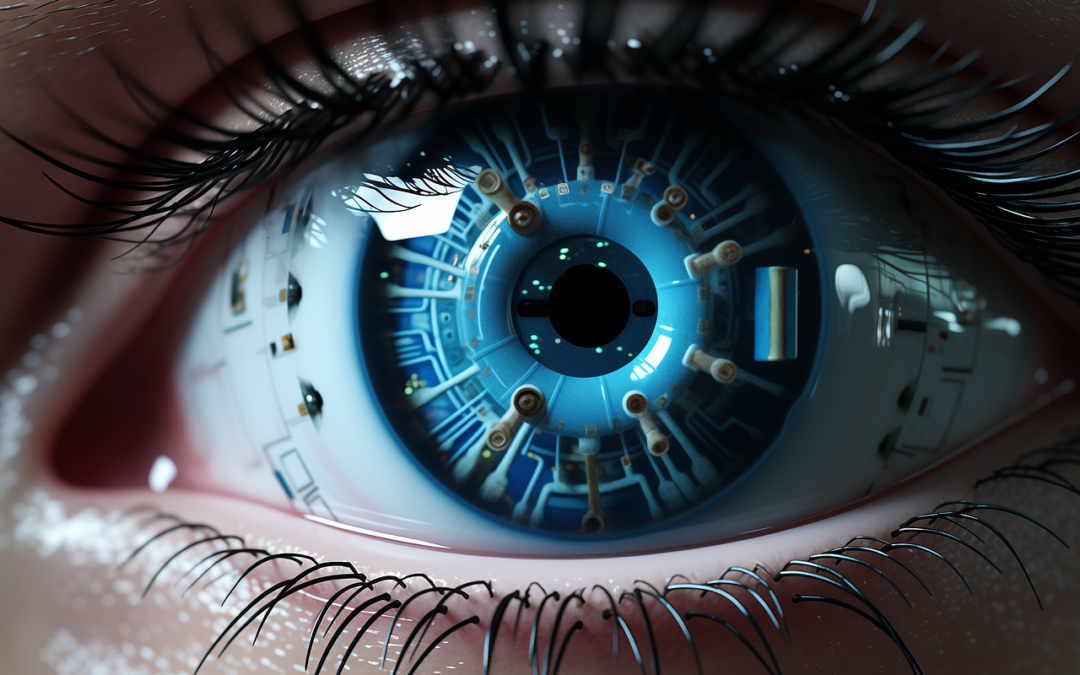Artificial Intelligence (AI) has transcended from being a concept in science fiction to an integral part of our daily lives. From smart assistants like Siri and Alexa to recommendation engines on Netflix and Amazon, AI is shaping how we live, work, and play. This blog post explores the rise of artificial intelligence, its applications in everyday life, and the implications for the future.
Understanding Artificial Intelligence
Artificial Intelligence refers to the simulation of human intelligence in machines programmed to think like humans and mimic their actions. The term may also be applied to any machine that exhibits traits associated with a human mind such as learning and problem-solving.
Key Components of AI
- Machine Learning (ML): A subset of AI that involves the use of algorithms and statistical models to perform tasks without explicit instructions, relying on patterns and inference.
- Natural Language Processing (NLP): The ability of a machine to understand and respond to text or voice data in a way that is both natural and meaningful.
- Computer Vision: The ability of a machine to interpret and make decisions based on visual data from the world around it.
- Robotics: The design, construction, and use of robots to perform tasks typically done by humans.
AI in Daily Life
Smart Assistants
One of the most visible applications of AI in everyday life is smart assistants. Devices like Amazon Echo, Google Home, and Apple’s Siri use NLP to understand voice commands and perform tasks ranging from playing music to controlling smart home devices.
Impact: These assistants make daily tasks more convenient, providing hands-free control over various aspects of home management.
Personalized Recommendations
AI algorithms power recommendation systems on platforms like Netflix, Amazon, and Spotify. These systems analyze user behavior and preferences to suggest movies, products, and music tailored to individual tastes.
Impact: Personalized recommendations enhance user experience by making it easier to find relevant content, which can also lead to increased user engagement and satisfaction.
Healthcare
AI is revolutionizing healthcare with applications in diagnostics, treatment recommendations, and patient monitoring. For example, AI algorithms can analyze medical images to detect diseases like cancer at an early stage.
Impact: AI improves the accuracy and efficiency of diagnoses, leading to better patient outcomes and more personalized treatment plans.
Autonomous Vehicles
Self-driving cars, like those developed by Tesla and Waymo, use AI to navigate and make real-time decisions on the road. These vehicles rely on computer vision, ML, and sensor data to drive safely.
Impact: Autonomous vehicles promise to reduce traffic accidents caused by human error and provide mobility solutions for those unable to drive.
Financial Services
AI is used in the financial sector for fraud detection, risk management, and personalized banking. Chatbots and virtual assistants help customers manage their finances, while AI algorithms detect unusual transactions and potential fraud.
Impact: AI enhances the security and efficiency of financial services, providing better protection for consumers and more effective management for financial institutions.
Ethical Considerations
The rise of AI also brings ethical challenges that need to be addressed. Some of the key concerns include:
Privacy
AI systems often require access to large amounts of personal data, raising concerns about privacy and data security. It’s crucial to establish robust data protection measures to safeguard user information.
Bias
AI algorithms can inadvertently perpetuate biases present in the data they are trained on. This can lead to unfair treatment and discrimination in areas like hiring, lending, and law enforcement.
Job Displacement
Automation powered by AI has the potential to displace jobs, particularly in industries like manufacturing and transportation. While AI can create new job opportunities, there is a need for reskilling and upskilling workers to adapt to the changing job market.
The Future of AI
The potential of AI is vast, and its development is accelerating. Here are some trends to watch:
AI in Education
AI can transform education by providing personalized learning experiences and automating administrative tasks. Intelligent tutoring systems can adapt to individual learning styles and pace, making education more effective and accessible.
AI in Agriculture
AI-powered drones and sensors can monitor crop health, optimize irrigation, and manage pests, leading to more efficient and sustainable farming practices.
AI and Climate Change
AI can help address climate change by optimizing energy usage, predicting natural disasters, and developing new materials for clean energy solutions.
Enhanced Human-AI Collaboration
The future will likely see closer collaboration between humans and AI, where AI assists in complex decision-making processes and augments human capabilities in various fields.
Conclusion
Artificial Intelligence is no longer a futuristic concept but a reality that is transforming everyday life. From making our homes smarter to revolutionizing healthcare and transportation, AI is reshaping the world as we know it. As we continue to harness the power of AI, it is crucial to address the ethical challenges and ensure that this technology benefits all of humanity. The future of AI is promising, and its potential to improve our lives is boundless.
ATYXIT is a security-first Business IT Solutions Provider. We excel in supporting and evolving company networks. Our technical support, technology consulting, project management, cyber security and IT strategy services make us the ideal IT resource for local small and medium sized businesses.
Reach out today if you need any assistance with your business technology!

